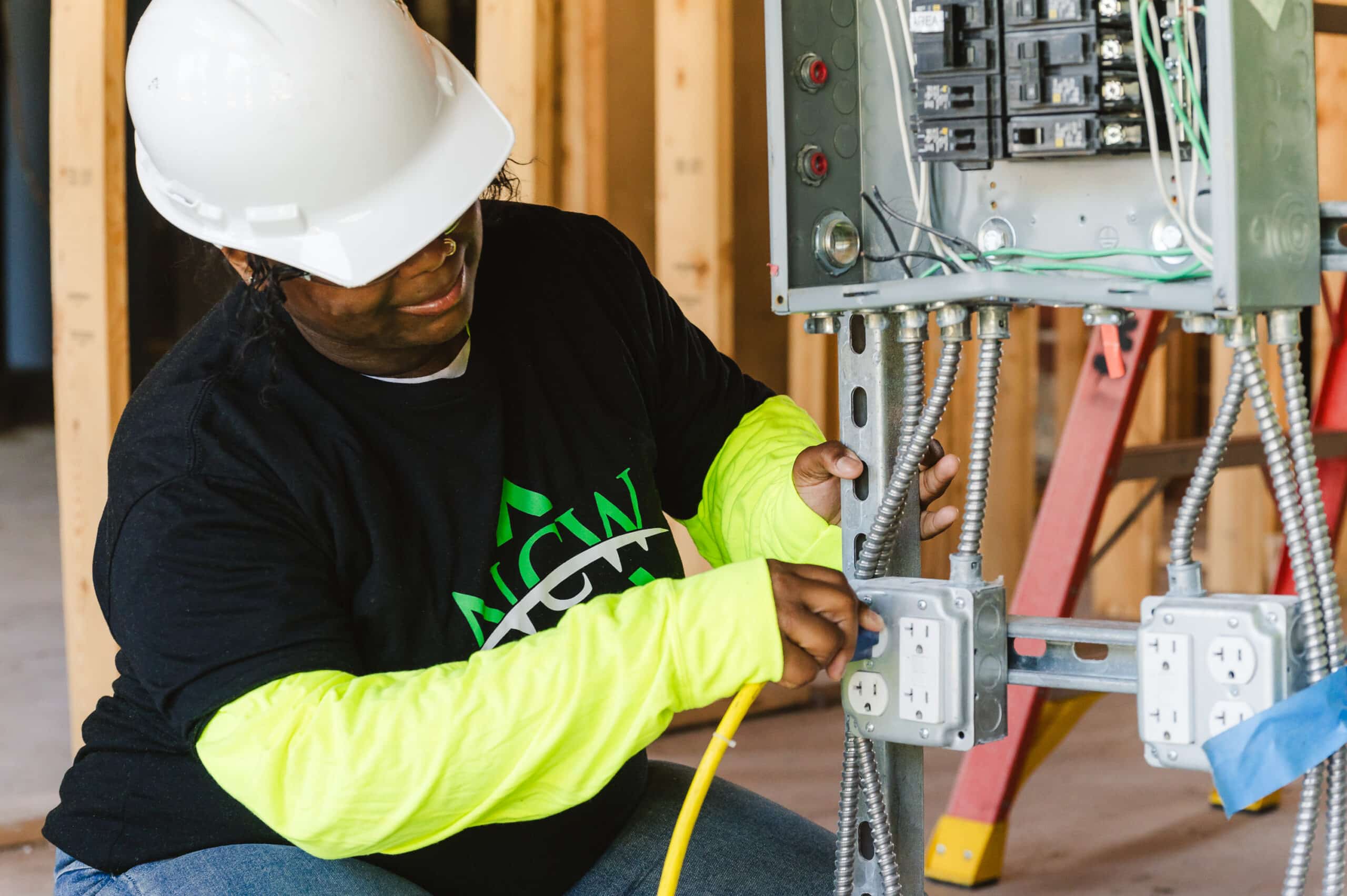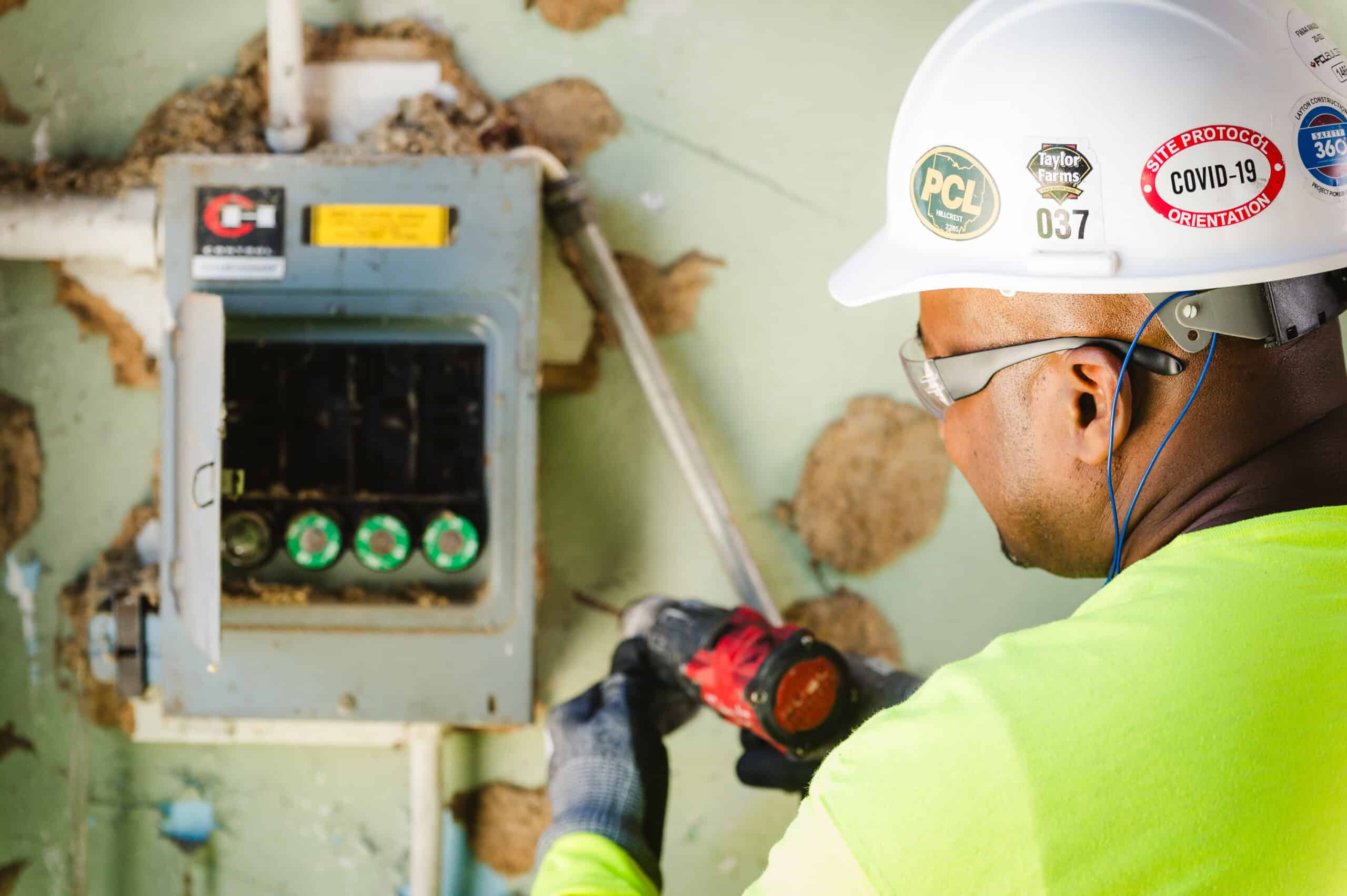
How to Become an Electrical Engineer
Thinking about diving into the electrifying world of electrical engineering? Excellent choice! Whether you’re a tech enthusiast or someone who loves solving problems, electrical engineer jobs can be incredibly rewarding. Read more about how to spark a bright career as an electrical engineer!
Let’s break down what this career entails, where you could end up working, and how to land those coveted electrical engineer jobs.
Duties and Job Description of an Electrical Engineer
What does an electrical engineer do? In a nutshell, electrical engineers design, develop, and test electrical systems and components. This can range from power generation and transmission systems to consumer electronics and telecommunication networks. Here’s a closer look at their main responsibilities:
- Designing Electrical Systems: Whether it’s a new gadget or a large-scale power grid, electrical engineers are the brains behind the design. They create blueprints and schematics to guide the creation and implementation of electrical systems.
- Developing New Technologies: Innovation is key in this field. Electrical engineers often work on developing cutting-edge technology that can revolutionize industries, from renewable energy solutions to the latest in electronic devices.
- Testing and Maintenance: Once you design a system, you need to test it for reliability and safety. Electrical engineers perform rigorous testing to ensure everything runs smoothly. They also troubleshoot and maintain existing systems to prevent failures.
- Collaboration: Electrical engineers often work in teams with other engineers, technicians, and industry professionals. Strong communication skills are crucial for effectively sharing ideas and solutions.
- Compliance and Standards: Ensuring that designs and systems comply with local, national, and international standards is a big part of the job. Electrical engineers must stay up-to-date with regulatory requirements and industry standards.
Different Places Electrical Engineers Work
One of the best things about pursuing a career in electrical engineering is the variety of work environments available. Electrical engineers can find themselves in a wide range of settings, each with its unique challenges and rewards. Here are some of the most common places you might work:
- Manufacturing Plants: Many electrical engineers work in factories, designing and overseeing the production of electrical equipment and components. This could be anything from circuit boards to large machinery.
- Power Generation and Distribution Companies: If you’re interested in the energy sector, you might find yourself working for a company that generates and distributes electricity. This includes power plants, renewable energy firms, and utility companies.
- Telecommunications: Telecommunications companies rely on electrical engineers to develop and maintain their networks. This can involve working on everything from mobile phone towers to broadband internet systems.
- Research and Development: For those passionate about innovation, R&D labs are an exciting place to be. Here, you’ll work on developing new technologies and improving existing ones.
- Consulting Firms: Electrical engineers in consulting roles provide expert advice to various industries. This can involve designing custom solutions for clients or optimizing existing systems.
- Government and Defense: Government agencies and the defense sector employ electrical engineers to work on a variety of projects, including infrastructure development and military technology.
- Education: If you have a passion for teaching, you might find a fulfilling career in academia, educating the next generation of electrical engineers.

How to Find Electrical Engineer Jobs
So, how do you go about finding electrical engineer jobs? Although the job market can be competitive, you can land a fantastic role with the right approach. Here are some tips to get you start you off:
- Networking: Connect with professionals in the field through networking events, industry conferences, and online platforms like LinkedIn. Building a strong network can open doors to job opportunities that aren’t advertised publicly.
- Job Boards and Company Websites: Regularly check job boards like Indeed, Glassdoor, and specialized engineering job sites. Similarly, many companies also post openings on their own websites, so keep an eye on your target employers.
- Recruiting and Staffing Services: Using a recruiting and staffing service can be incredibly helpful. These agencies have relationships with numerous companies and can match you with positions that fit your skills and experience. They often have access to exclusive job listings and can provide valuable advice throughout the job search process.
- Internships and Co-ops: If you’re still in school or a recent graduate, internships and co-op programs are excellent ways to gain experience and make industry connections. This programs fill many full-time positions.
- Tailor Your Resume and Cover Letter: Make sure your resume and cover letter highlight your relevant experience and skills. Tailor each application to the specific job, emphasizing how you can meet the employer’s needs.
- Stay Updated: Keep your skills and knowledge current by taking continuing education courses and staying abreast of industry trends. This makes you a more attractive candidate and shows potential employers that you’re committed to your field.
How Staffing Agencies Find Electrical Engineer Jobs
Becoming an electrical engineer is a journey filled with learning, innovation, and exciting opportunities. Whether you’re designing the next big tech breakthrough or ensuring our power grids run smoothly, there’s a place for you in this dynamic field. Happy job hunting, and may your career be as bright as the circuits you create!
If you’re interested in finding the electrical engineer job of your dreams, submit your information below today and we’ll connect you with an NCW recruiter who can help!
